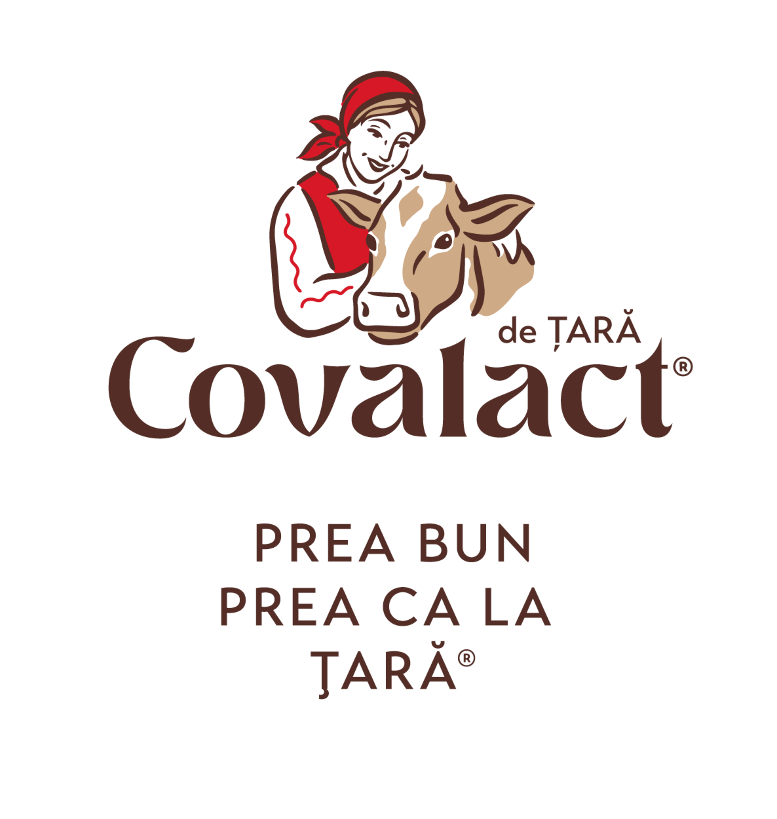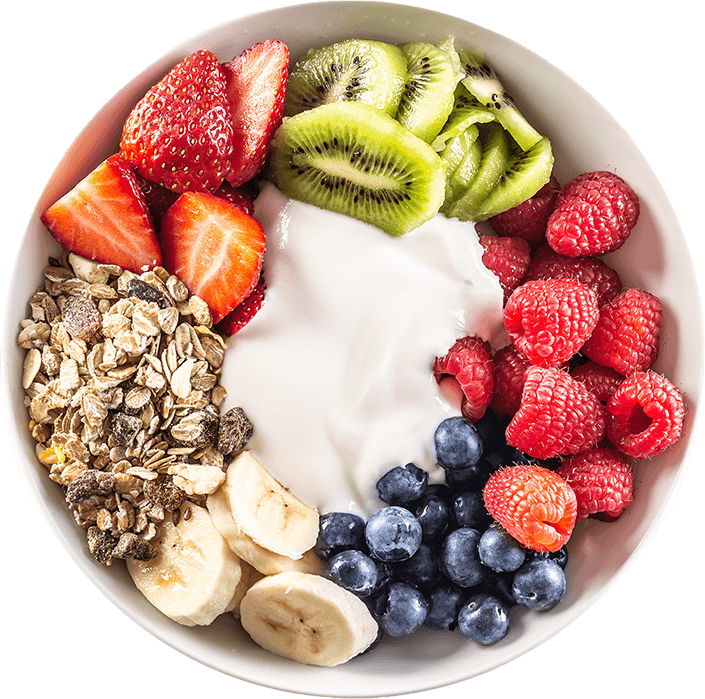

Primitive humans consumed far more vitamins and a wider variety of plants than we do today. In the past, diets were much more diverse, with people eating around 75 different plants, compared to modern times where we have three crops dominating the global diet — wheat, rice, and corn. —. These crops, brought to Romania between the 17th and 19th centuries, significantly altered food habits, with corn replacing millet which was the main cereal for poorer populations.

These dietary changes increased the amount of food available, but also led to greater consumption of processed foods like refined sugar, white flour, margarine and refined oils — along with an increase in salt intake. At the same time, fiber consumption decreased due to the use of refined grains. The emergence of preservatives and new methods of food processing and storage has negatively impacted health, contributing to the rise of numerous chronic conditions.
Diseases Linked to Poor Nutrition
Unhealthy eating habits are directly linked to diseases such as diabetes, obesity, cardiovascular conditions, food intolerances, gastric ulcers, irritable bowel syndrome, and constipation, which are becomingincreasingly common. Many of these illnesses can be prevented by following essential dietary guidelines, including regular meals and avoiding bad food combinations.
Guidelines for a Healthy Diet
Main Meals and Snacks:
Recommended snacks include dairy products (such as milk or plain yogurt with low fat content, around 200 ml), fruits, or vegetables. Yogurt with 2.8%-3% fat content is ideal as a healthy snack.
Dairy Consumption
Other Recommendations:
Conclusion:
By following a balanced diet rich in dairy, fiber, and natural ingredients, we can prevent many of the health issues caused by poor nutrition. A healthy diet not only improves long-term well-being but also helps maintain an ideal weight and prevents chronic diseases.